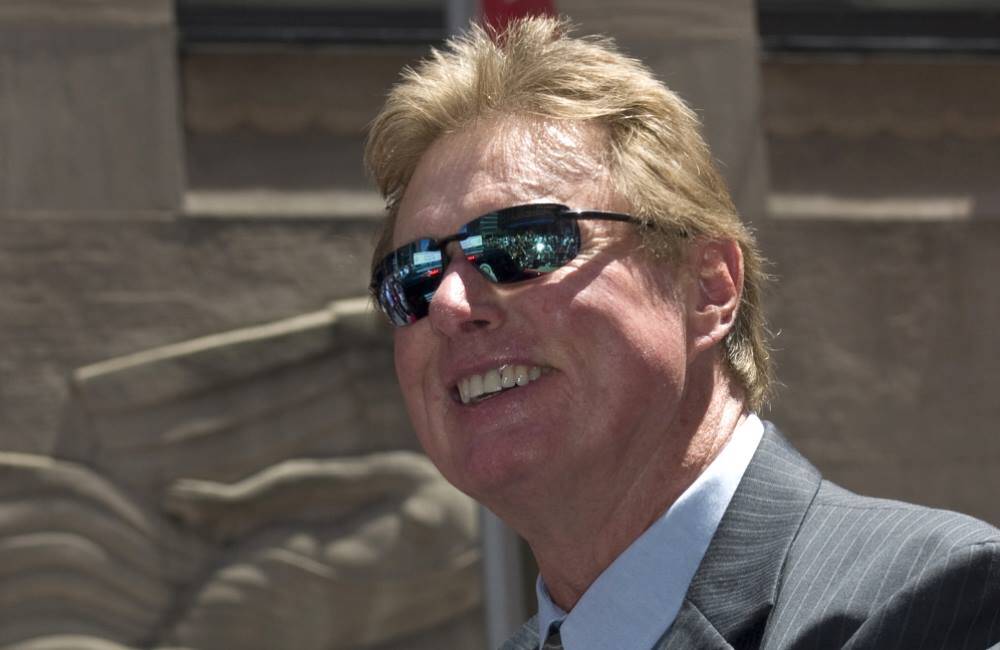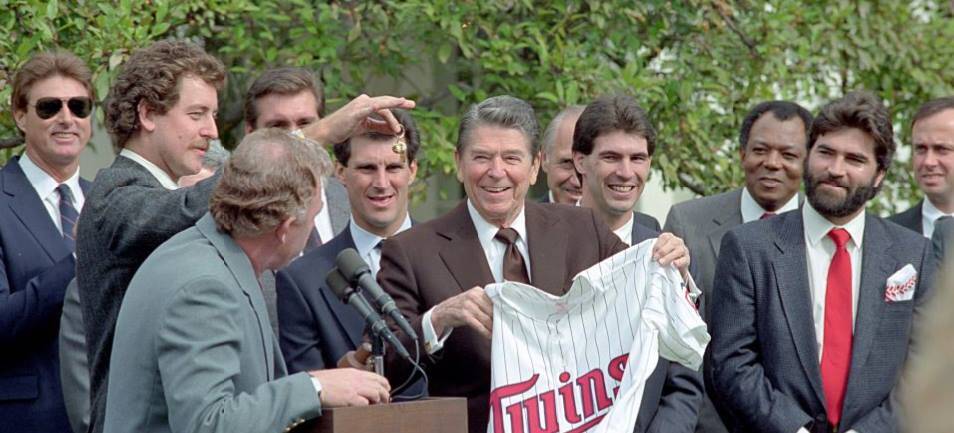Steve Carlton is one of the most storied left-handed pitchers in baseball history. Blessed with a fastball, curveball and late-breaking slider, Carlton won an astounding four Cy Young awards during a career filled with accolades.
Carlton played his first seven years in the majors with the St. Louis Cardinals but is best remembered for the 15 seasons he spent in the Philadelphia Phillies’ starting pitching rotation.
Along the way, the Florida native was part of three World Series championships with three different teams.
Steve Carlton’s Early Life
Born on Dec. 22, 1944, in Miami, Steven Norman Carlton grew up liking to hunt in the Everglades. It was there that he used throwing a rock to hit a rabbit 90 feet away when his gun jammed. He also could hit a bird on a telephone wire using rocks. Clearly, the kid had an arm.
He pitched for Miami-Dade Community College, where scouts from the St. Louis Cardinals saw him. The Cardinals ended up offering him a contract and a $5,000 bonus in 1963. In 1964, he pitched his way through Single-A, Double-A and Triple-A ball in one season (Rock Hill, N.C., to Winnipeg to Tulsa).
By 1965, he was pitching in the majors. By 1967, he was a featured pitcher in the Cardinals’ rotation.
MLB Career
Carlton quickly became an important player for the Cardinals. But it all ended over a salary dispute.
Carlton started Game 5 for the Cardinals in the 1967 World Series against the Boston Red Sox. He pitched well but lost the game. Still, the Cardinals won the series, beating the Red Sox in seven games.
Carlton pitched in relief in the 1968 World Series, which the Cardinals lost to the Detroit Tigers.
After the 1971 season, Carlton wanted $65,000 per year, but the Cardinals wanted to pay only $60,000. Cardinals owner Gussie Busch would not budge on the deal, and rather than paying an extra $5,000 instead ordered Carlton traded.
This resulted in what is now considered one of the worst trades in baseball history – Carlton was sent to the Phillies in exchange for pitcher Rick Wise.
However, opinions on the trade are benefiting greatly from hindsight. At the time of the trade, the two pitchers seemed evenly matched. But Carlton went on to win 252 more games in a Hall of Fame career. Wise won 113 and only pitched for the Cardinals for two seasons before getting traded to the Red Sox in October 1973.
Carlton won the Cy Young Award in his first season with the Phillies, winning 27 games. He won it again in 1977 and in 1980, the same year he won Game 2 and Game 6 in the World Series, leading Philadelphia to its first-ever championship over the Kansas City Royals.
Other Career Highlights
Carlton won his fourth Cy Young in 1982. In 1983, he got his 300th win, eventually retiring with 329. On June 24, 1986, in the middle of this 15th season with the Phillies, he was released. He finished his career with a series of teams, including the Chicago White Sox, San Francisco Giants, Cleveland Indians, and finally the Minnesota Twins.
Carlton played for the Twins team that won the 1987 World Series, although Carlton did not make the playoff roster for the Twins. However, he did make it to the White House ceremony where the team was honored (that’s him in the back wearing shades).
His career ended when he was released by the Twins in April 1988. Some of his numbers included:
- The four Cy Young Awards, tying him all-time with Greg Maddux and behind only Randy Johnson (5) and Roger Clemens (7).
- His 329 wins place him 11th all-time
- A lifetime ERA of 3.22
- His 4,138 strikeouts place him fourth on the all-time list behind Nolan Ryan, Clemens and Johnson
- Named to the All-Star team 10 times
Carlton was inducted into the Hall of Fame in 1994. For those who got to see Carlton pitch, Ritchie Ashburn seemed to describe the experience the best: “He painted a ballgame. Stroke, stroke, stroke, and when he got through, it was a masterpiece.”



Leave A Comment